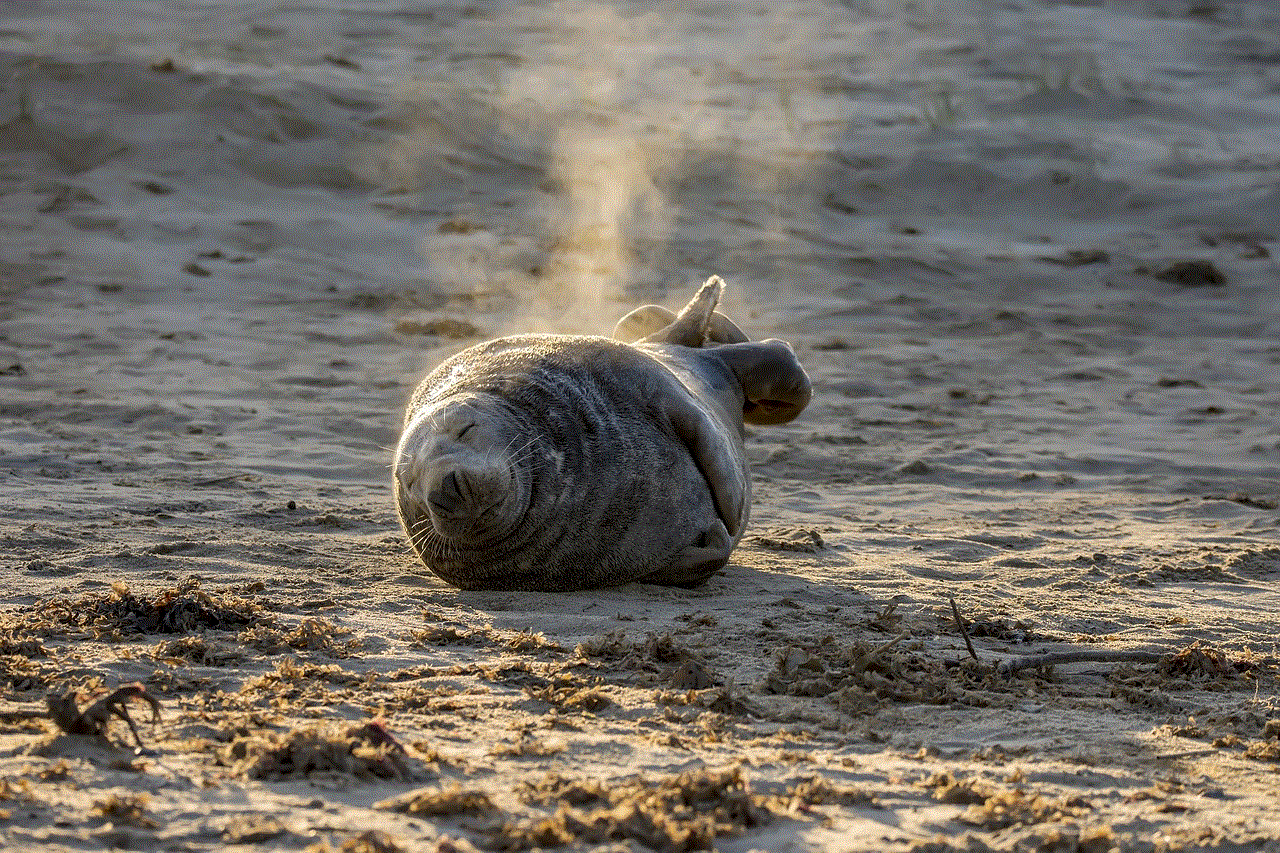girls fucking little boy
The topic of young boys engaging in sexual activities with older girls is a controversial and sensitive one. The thought of girls taking advantage of innocent boys is enough to raise eyebrows and spark debates. However, the reality of this phenomenon is not as black and white as it may seem. There are various factors to consider, including the psychological, social, and cultural aspects that may lead to such interactions. In this article, we will delve into the topic of “girls fucking little boys” and explore the different perspectives surrounding it.
To begin with, it is important to define what we mean by “girls” and “little boys.” In this context, girls refer to females who have reached the age of sexual maturity, which is usually around 18 years old. On the other hand, little boys refer to males who have not yet reached puberty, typically under the age of 13. The significant age gap between these two groups is what raises concerns and makes this topic a taboo.
One of the primary reasons why girls engaging in sexual activities with little boys is such a sensitive topic is the power dynamic at play. In most cases, girls are physically and emotionally more mature than boys of the same age. This creates an imbalance of power, where the girl may hold more control and influence over the boy. This power dynamic can lead to the boy feeling pressured or coerced into engaging in sexual activities, even if he is not ready or willing to do so.
Another factor to consider is the role of society and cultural norms. In many cultures, there is a double standard when it comes to sexual behavior between men and women. While it may be more acceptable for older men to engage in sexual activities with younger girls, the reverse is often frowned upon. This societal attitude can contribute to the sexualization of young girls and the belief that it is their role to please and satisfy men. On the other hand, boys are expected to be sexually active and assertive, and any sexual encounter with an older woman may be seen as a badge of honor.
Furthermore, the media also plays a significant role in shaping attitudes towards this topic. In movies, TV shows, and music, there is a prevalent narrative of older women seducing and taking advantage of young boys. These portrayals often glamorize such relationships, making them seem exciting and desirable. This can have a detrimental effect on young boys, who may see these relationships as something to aspire to rather than something to be concerned about.
However, it is vital to recognize that not all cases of “girls fucking little boys” are the result of manipulation or abuse. In some instances, the relationship may be consensual, and both parties may be genuinely in love. While this may be hard to comprehend for some, it is essential to understand that love and attraction do not always follow societal norms and expectations. As long as both parties are of legal age and are not being coerced or manipulated, it is not for anyone else to judge or intervene in their relationship.
Moreover, it is crucial to address the psychological aspect of this topic. Both boys and girls who engage in sexual activities at a young age may have underlying psychological issues that contribute to their behavior. For the girl, it may be a result of childhood trauma, low self-esteem, or a need for control. For the boy, it may be a desire for validation, a search for identity, or a need for affection. Understanding and addressing these underlying issues is crucial in preventing such interactions from occurring in the future.
It is also worth mentioning that boys who engage in sexual activities with older girls may face stigma and shame from their peers. This can have a significant impact on their mental health and self-esteem, leading to issues such as depression, anxiety, and even suicidal thoughts. It is essential for society to address and challenge these harmful attitudes and provide support and understanding to these young boys.
In conclusion, the topic of “girls fucking little boys” is a complex and multi-faceted one. While there may be cases of manipulation and abuse, it is essential to recognize that there are also instances of consensual relationships between two individuals of legal age. It is crucial for society to address the power dynamics, societal attitudes, and psychological issues that contribute to such interactions. By understanding and addressing these factors, we can work towards creating a safer and more understanding environment for all individuals, regardless of their gender or sexual orientation.
i want to watch ponography
Pornography, also known as “porn”, has been a controversial topic for decades. Some view it as a form of entertainment, while others see it as a destructive force that objectifies and degrades individuals. Regardless of one’s stance on the matter, the fact remains that pornography is incredibly prevalent in today’s society, with the rise of the internet making it easily accessible to millions of people around the world. And for some, the desire to watch pornography is a constant temptation, leading them to wonder, “Why do I want to watch pornography?”
To begin with, it is important to understand what pornography is. The term itself is derived from the Greek word “pórnē”, meaning prostitute, and “graphein”, meaning to write. In its simplest form, pornography refers to any type of media that depicts sexual acts or nudity for the purpose of arousal. It can come in various forms, such as magazines, videos, or online content. However, with the rise of technology, the production and consumption of pornography have become more widespread and easily accessible.
So why do people want to watch pornography? There are various reasons that can contribute to this desire, and it is not a one-size-fits-all answer. For some, it may stem from curiosity or a desire to explore their own sexuality. Others may turn to pornography as a means of escape from reality or as a form of stress relief. It is also possible that some individuals have been exposed to pornography at a young age, leading to a conditioned response that makes them crave it.
Additionally, the media and society play a significant role in promoting the consumption of pornography. From advertising to music videos, sexual imagery is constantly bombarding us, making it seem like a normal and accepted form of entertainment. This normalization of pornography can lead people to believe that it is a natural and harmless activity, further fueling their desire to watch it.
Another factor that may contribute to the desire to watch pornography is the human brain’s response to sexual stimuli. When an individual watches pornography, their brain releases a surge of dopamine, the “feel-good” chemical. This reaction can create a sense of pleasure and reward, making the individual want to seek out more pornography to experience the same feeling again. Over time, this can lead to an addiction to pornography, where the person feels the need to watch it compulsively.
Furthermore, pornography has become increasingly accessible and mainstream with the rise of the internet. With just a few clicks, anyone can access a vast array of pornography, catering to various fetishes and fantasies. This easy access can make it difficult for individuals to resist the temptation to watch pornography, especially if they are struggling with underlying issues such as low self-esteem, loneliness, or depression.
It is also worth mentioning the influence of peer pressure and societal expectations. In a culture that glorifies sex and encourages individuals to constantly compare themselves to others, the pressure to engage in sexual activities can be overwhelming. This can lead people to turn to pornography to fulfill their desires and fit in with societal norms.



However, despite the various reasons that may contribute to the desire to watch pornography, it is essential to acknowledge the negative effects it can have on individuals and society as a whole. For one, the consumption of pornography can lead to distorted views of sex and relationships. Pornography often portrays unrealistic and often degrading depictions of sex, which can lead people to have unrealistic expectations and objectify their partners. This can harm real-life relationships and contribute to the perpetuation of harmful gender stereotypes.
Moreover, the porn industry is known to exploit and harm those involved in its production. Many performers in the industry are coerced, trafficked, or forced into the industry, often against their will. The rampant use of child pornography and revenge porn also adds to the harmful impact of the industry on individuals and society.
In addition, the constant consumption of pornography can desensitize individuals to violence and abuse, leading to an increase in violent and aggressive behavior. Studies have shown that individuals who regularly watch pornography are more likely to exhibit aggressive and coercive sexual behaviors, leading to a disturbing cycle of harm.
So, what can be done to address this issue? It is crucial to understand that the desire to watch pornography is a natural human response, and shaming or stigmatizing individuals for it is not the answer. Instead, it is essential to educate individuals about the harmful effects of pornography and promote healthy and consensual sexual behaviors. This includes teaching individuals to have open and honest conversations about sex and relationships, promoting positive body image, and providing resources for those struggling with pornography addiction.
Furthermore, it is crucial to hold the porn industry accountable for the harm it causes and advocate for stricter regulations to protect those involved in its production. This includes advocating for the rights and safety of performers, as well as implementing stricter laws against the production and distribution of child pornography and revenge porn.
In conclusion, the desire to watch pornography can stem from various factors, including societal influences, biological responses, and personal struggles. However, it is essential to acknowledge the harmful effects of pornography and work towards promoting healthy and consensual sexual behaviors. By addressing the root causes of the desire to watch pornography and advocating for change, we can create a safer and more respectful society for all individuals.
how to hide shows on netflix
Netflix has become a household name when it comes to streaming services, with millions of users around the world. With its vast library of movies and TV shows, there is something for everyone on Netflix . However, with such a large selection, it can be overwhelming to find something to watch, especially when you are looking for a specific genre or trying to avoid certain shows. This is where the option to hide shows on Netflix comes in handy. In this article, we will discuss how to hide shows on Netflix and why you may want to do so.
What does it mean to hide a show on Netflix? Simply put, hiding a show means that it will not appear on your Netflix homepage or in any of your recommended lists. This feature is particularly useful when you have multiple profiles on your Netflix account, and you don’t want certain shows to be visible to everyone. For example, if you have young children and don’t want them to see mature content, you can hide those shows on your profile, and they won’t be able to access them.



Now, let’s dive into how to hide shows on Netflix. The process is relatively simple and can be done in a few easy steps. First, log in to your Netflix account and go to the homepage. Next, find the show you want to hide and click on it to open its details page. On the bottom right corner of the page, you will see a “Hide” option. Click on it, and the show will be hidden from your account.
Another way to hide shows on Netflix is through the “Account” section. On the top right corner of the homepage, you will see your profile picture. Click on it, and a drop-down menu will appear. Select “Account” from the menu, and it will take you to your account settings. Under the “My Profile” section, you will see an option to “Viewing Activity.” Click on it, and it will open a list of all the shows and movies you have watched. Find the show you want to hide and click on the “Hide” icon next to it. This will hide the show from your account.
There are a few things to keep in mind when hiding shows on Netflix. First, this feature is only available on the web version of Netflix, and it cannot be done on the mobile app. Second, hiding a show does not mean that it will be deleted from your viewing history. If you want to remove a show completely, you will have to delete it from your viewing activity. Lastly, hiding a show on one profile will not affect other profiles on your account. Each profile will have to hide the show individually.
Now that we know how to hide shows on Netflix let’s explore why you may want to do so. One of the main reasons people choose to hide shows is to keep their viewing history private. We all have guilty pleasures, and sometimes we don’t want others to know what we are watching. By hiding a show, you can keep your watchlist and viewing activity private.
Another reason to hide shows on Netflix is to avoid spoilers. If you are binge-watching a series and don’t want to see any spoilers, you can hide the show until you have caught up. This way, you won’t accidentally come across any spoilers while browsing through your account.
Moreover, hiding shows on Netflix can also help with finding new content. Sometimes, when you watch a show, it will continue to appear in your recommended list even after you have finished it. This can be annoying, especially when you want to explore new titles. By hiding the show, it will no longer appear in your recommended list, and you can discover new content without any distractions.
Another benefit of hiding shows on Netflix is for parents who want to control what their children watch. With the parental control feature, parents can restrict access to mature content, but sometimes a show may slip through the cracks. By hiding the show, parents can ensure that their children do not accidentally stumble upon inappropriate content.
Furthermore, hiding shows on Netflix can also help with organization. As mentioned earlier, Netflix has a vast library of content, and it can be overwhelming to sift through it. By hiding shows that you have already watched or have no interest in, you can declutter your account and make it easier to find new content to watch.
Additionally, hiding shows on Netflix can also be beneficial for those who share their account with others. If you have different preferences in shows and don’t want your recommendations to be influenced by others, you can hide shows that you are not interested in. This way, you can have a more personalized experience on your account.



In conclusion, hiding shows on Netflix is a useful feature that allows users to keep their viewing history private, avoid spoilers, and have a more personalized experience. The process is simple and can be done on the web version of Netflix. With the vast selection of content on Netflix, this feature can help users find new content and keep their account organized. Whether you are looking to hide a show for personal reasons or to control what your children watch, the option to hide shows on Netflix is a valuable tool for all users.